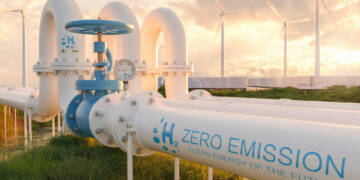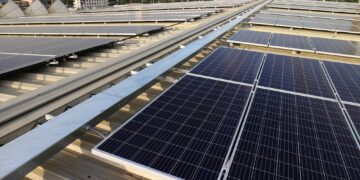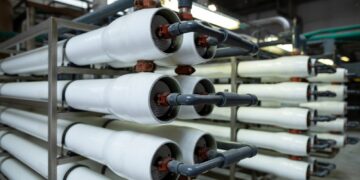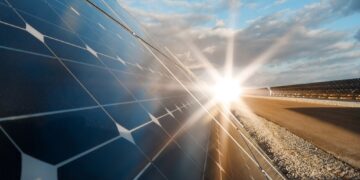Saudi Arabia is leveraging science and technology as pivotal elements in its Vision 2030 to tackle global issues such as climate change, food security, health crises, and advancements in artificial intelligence. Dr. Munir Al-Dasouki, President of the King Abdulaziz City for Science and Technology (KACST), highlighted these goals during the Science and Technology in Society Forum in Kyoto.
The Kingdom aims to produce up to 600 tons of green hydrogen by 2026, with the establishment of the world’s largest green hydrogen plant, potentially reducing carbon emissions by 5 million tons annually. Additionally, Saudi Arabia is advancing renewable energy technologies, planning to operate the largest carbon capture and storage centers with a capacity of 9 million tons annually by 2027, expanding to 44 million tons by 2035.
In the health sector, Saudi Arabia has achieved significant milestones, including a 70% reduction in dengue fever cases by 2027 through eco-friendly biological controls. The country is also committed to environmental sustainability, having developed a platform to monitor Earth and agricultural activities, saving 9 billion cubic meters of groundwater by 2027.
Investment in young talent is a priority, with KACST launching initiatives in Web 3 applications, electronic games, and augmented reality, aiming to equip young scientists and innovators with skills for digital transformation and economic diversification. The “Garage” incubator supports over 200 startups and entrepreneurs from more than 50 countries, fostering innovation and entrepreneurship in deep technologies.
Al-Dasouki invited global leaders in research and development to the Riyadh Expo 2030, themed “A Different Tomorrow,” emphasizing the role of future innovations in enhancing sustainability and prosperity. The forum also covered topics like cybersecurity, renewable energy, healthcare, and digital transformation.









